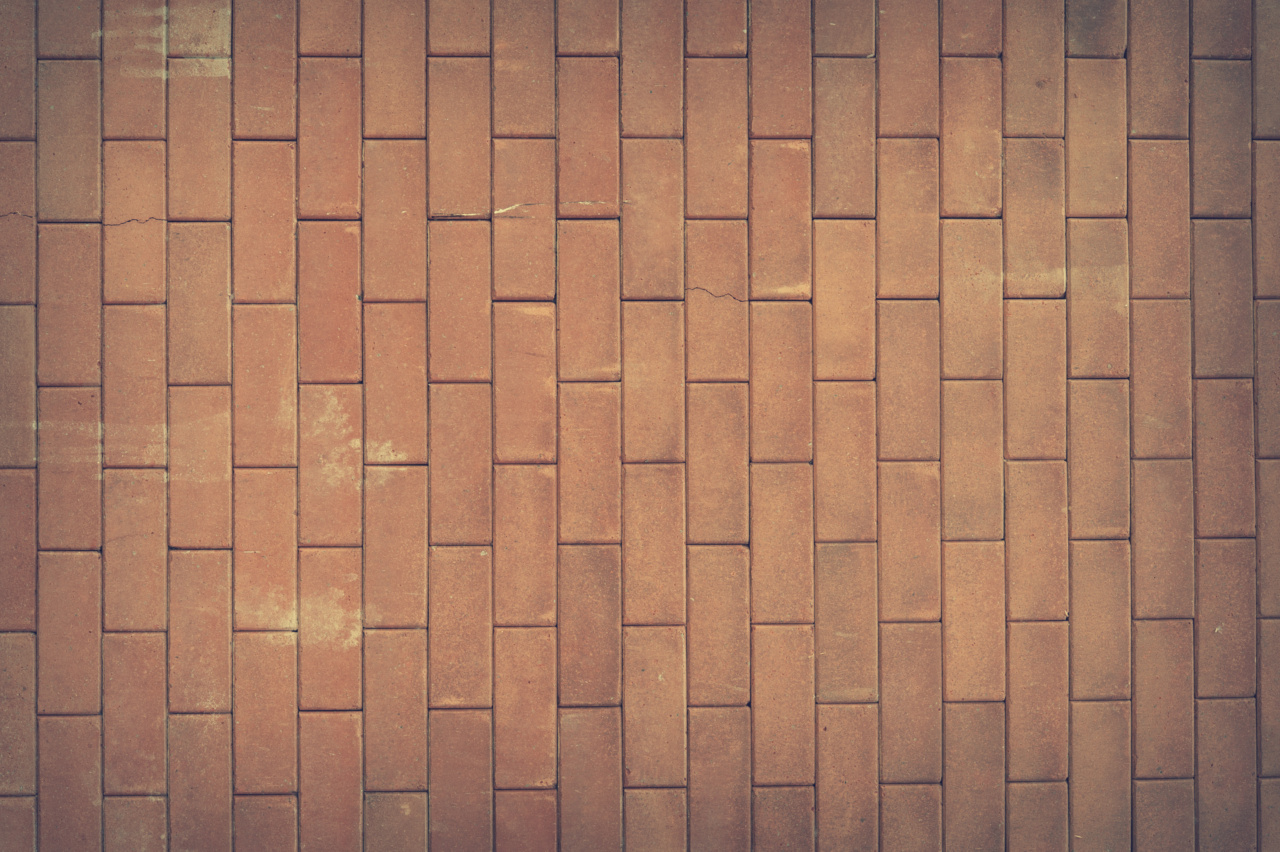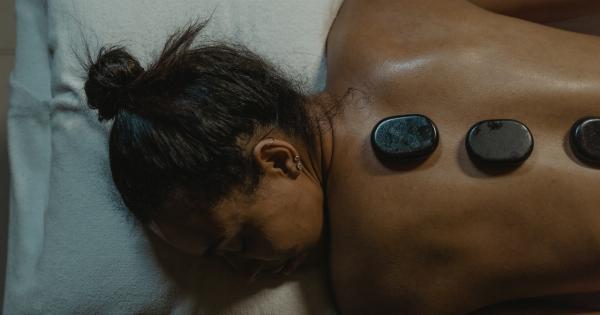Kidney stones are one of the most common diseases affecting millions of people every year. The pain caused by this disease is often excruciating, and the traditional methods of treatment are invasive and painful.
However, a new revolutionary approach has been developed that can effectively treat this disease without the need for surgery or invasive procedures. This article will explore this new approach to treat kidney stones effectively without any pain and discomfort.
Kidney Stones: An Overview
Kidney stones are hard deposits of minerals and salt formed in the kidneys. They can vary in size, from a small grain of sand to a large golf ball. Painful symptoms occur when these stones are passed through the urinary tract.
Men are more susceptible to this disease than women. Some of the causes of kidney stones include dehydration, a high level of calcium oxalate, and a genetic predisposition.
Traditional Approaches to treating Kidney Stones
1. Medical Management: The traditional approach for treating kidney stones is medication management. Pain relievers like ibuprofen, acetaminophen, and aspirin can be prescribed to alleviate symptoms like pain and discomfort.
Additionally, in some cases, alpha-blockers can be prescribed to relax the muscles in the walls of the ureters, reducing the discomfort caused by the passing of the stone.
2. Surgery: Surgery is another traditional approach for treating kidney stones. Surgical interventions include Ureteroscopy, Percutaneous Nephrolithotomy (PCNL), and Shock Wave Lithotripsy (SWL).
However, these procedures can be invasive, painful, and may require a prolonged hospital stay. Moreover, they can have side effects including, but not limited to, bleeding, infection, and damage to the surrounding tissues or kidneys.
The Revolutionary New Approach
The new revolutionary approach for treating kidney stones is non-invasive and is called Extracorporeal Shock Wave Lithotripsy (ESWL). It is a non-surgical procedure that uses sound waves to break up the stones into tiny pieces.
Once the stones are small enough, the patient can pass them through urine without any discomfort or pain. The ESWL procedure is often done under local anesthesia and doesn’t require a hospital stay. It takes around 45 minutes to an hour and is considered an outpatient procedure.
How does ESWL Work?
The Extracorporeal Shock Wave Lithotripsy uses a machine that generates shock waves aimed at the kidney stones. The shock waves are focused on the stone using ultrasound or x-ray imaging, breaking it into smaller pieces.
The pieces can then pass out through the urinary tract without causing any significant discomfort or pain.
Benefits of ESWL
There are significant benefits of using the ESWL approach for treating kidney stones. Some of the most common benefits include:.
- Non-invasive Procedure: ESWL is a non-invasive procedure that doesn’t require surgery or incisions in the body.
- Quick Recovery: The patients can recover quickly from the procedure and can go back to their normal activities within a few days.
- Minimal Discomfort: As a non-invasive procedure, ESWL causes minimal discomfort, resulting in a better overall experience for the patient.
- High Success Rates: ESWL is a highly effective procedure with success rates ranging from 70% to 90% depending on the size and location of the stones.
Costs and Risks Associated with ESWL
ESWL is generally a safe procedure, and the risks associated with it are minimal. The most common risks include bruising or soreness in the treated area, minor bleeding during the procedure, and discomfort during the treatment.
Moreover, ESWL is a costly procedure, and its cost is generally dependent on the area where the procedure is carried out and the size of the stones.
Conclusion
Kidney stones can be an excruciatingly painful experience for anyone suffering from this condition. With the traditional approaches being painful and invasive, the development of the new non-invasive approach of ESWL has come as a relief to many people.
The ESWL technique has proven to be highly effective in treating kidney stones, with minimal discomfort to the patients and quick recovery time. However, as with any medical procedure, it is essential to consult a doctor for medical advice and choose the best option for treating the disease.






























